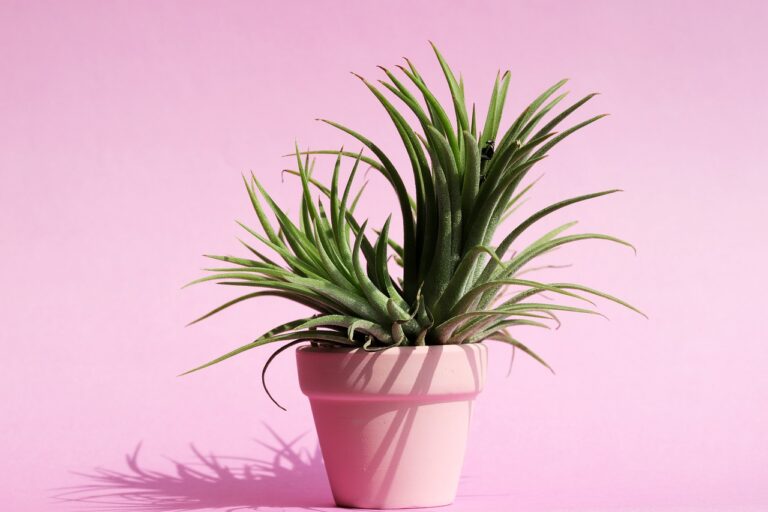Trends in Eco-Friendly Materials for Distillery Facilities
betsbhai9, radha exchange, lotus 365 login:Trends in Eco-Friendly Materials for Distillery Facilities
In recent years, there has been a growing emphasis on sustainability and environmental responsibility across various industries, including the distillery sector. Distilleries produce alcoholic beverages, which can lead to environmental challenges such as water consumption, waste production, and energy usage. To address these issues, many distilleries are turning to eco-friendly materials and practices to minimize their environmental impact.
In this article, we will explore some of the latest trends in eco-friendly materials for distillery facilities. From renewable energy sources to water-saving technologies, there are a variety of options available to help distilleries operate more sustainably. Let’s take a closer look at these trends and how they can benefit both the environment and the bottom line of distillery businesses.
Sustainable Building Materials
One of the first steps in creating an eco-friendly distillery facility is to use sustainable building materials. This can include materials made from recycled or reclaimed sources, such as reclaimed wood for flooring or countertops. Additionally, using materials with low embodied energy, such as bamboo or cork, can help reduce the carbon footprint of the building construction.
Green Roofs
Green roofs are becoming increasingly popular in distillery facilities as a way to improve energy efficiency and reduce stormwater runoff. Green roofs are covered with vegetation, which helps insulate the building, reduce energy costs, and absorb rainwater. Not only do green roofs provide environmental benefits, but they also create a visually appealing space for employees and visitors.
Solar Panels
Solar panels are a proven technology for generating renewable energy and reducing electricity costs. Many distilleries are installing solar panels on their roofs or property to generate clean energy and lower their carbon footprint. Solar panels can also provide a reliable source of energy for distillery operations, helping to reduce dependency on the grid.
Water Recycling Systems
Water is a critical resource in distillery operations, and water-saving technologies can help reduce water consumption and wastewater generation. Water recycling systems can treat wastewater from distillery processes and reuse it for non-potable purposes such as cleaning or irrigation. By implementing water recycling systems, distilleries can conserve water resources and reduce their environmental impact.
LED Lighting
Switching to LED lighting is a simple yet effective way to improve energy efficiency in distillery facilities. LED lights use less energy and last longer than traditional lighting options, leading to cost savings and reduced energy consumption. LED lighting can also create a more comfortable and inviting environment for employees and visitors.
Recycled Packaging Materials
Packaging is an essential aspect of the distillery business, and using recycled materials for packaging can help reduce waste and conserve resources. Many distilleries are opting for recycled glass bottles, cardboard boxes, and paper labels to minimize their environmental impact. By choosing recycled packaging materials, distilleries can demonstrate their commitment to sustainability to consumers.
FAQs
Q: Are eco-friendly materials more expensive than traditional materials for distillery facilities?
A: While some eco-friendly materials may have a higher upfront cost, the long-term savings in energy, water, and waste management can outweigh the initial investment. Additionally, using eco-friendly materials can enhance the reputation of distilleries as environmentally responsible businesses.
Q: How can distilleries incorporate eco-friendly practices into their operations?
A: Distilleries can incorporate eco-friendly practices by optimizing energy use, reducing water consumption, implementing waste reduction strategies, and sourcing sustainable ingredients. By making sustainability a priority, distilleries can minimize their environmental impact and create a more sustainable business model.
Q: What are some other eco-friendly trends in the distillery industry?
A: In addition to the trends mentioned in this article, other eco-friendly practices gaining popularity in the distillery industry include carbon offset programs, biodiversity conservation initiatives, and certification programs for sustainable production. Distilleries can explore a variety of options to enhance their sustainability efforts.
In conclusion, implementing eco-friendly materials and practices in distillery facilities is not only beneficial for the environment but also for the bottom line of businesses. By embracing sustainability, distilleries can reduce their environmental impact, attract environmentally conscious consumers, and establish themselves as leaders in the industry. As the demand for sustainable products continues to grow, distilleries that prioritize eco-friendly materials and practices will be well-positioned for success in the future.







